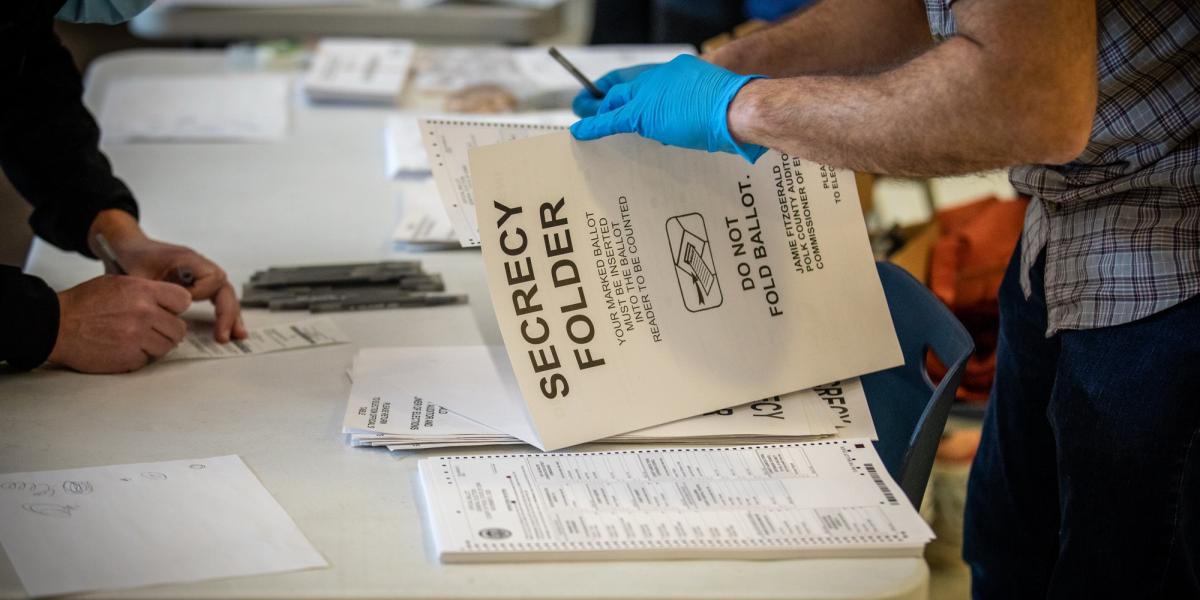Breadcrumb

It was 8 November 2020, and disinformation about the 2020 presidential election was spreading rapidly. Chris Krebs, Director of the Cybersecurity and Infrastructure Security Agency (CISA) within the US Department of Homeland Security (DHS), had to decide what his team should do.
The day before, Democrat nominee Joe Biden had been declared the winner of the election, besting incumbent President Donald Trump, a Republican. But Trump refused to concede, alleging widespread voting irregularities. CISA insisted that the elections were among the most secure in recent history: since 2017 CISA had been working to enhance security and resilience of America’s election system after alleged foreign interference in the 2016 elections. During that time, CISA was able to forge relationships with thousands of local and state officials around the country to improve security of country’s outdated election infrastructure, all while gaining bipartisan respect for its apolitical approach, even as the DHS became increasingly politicised.
Despite this progress, though, Trump and his allies were now questioning the validity of the election. Disinformation was growing rampant, and Trump allies were sharing a false story about a supercomputer flipping votes. Krebs had to decide how to respond to the false claim in a way that would preserve the public’s trust in the elections and CISA’s reputation.
- Explore how to lead an organisation with a highly technical mandate in the context of deep distrust;
- Understand key principles for managing a public institution in an age of deep polarisation.
